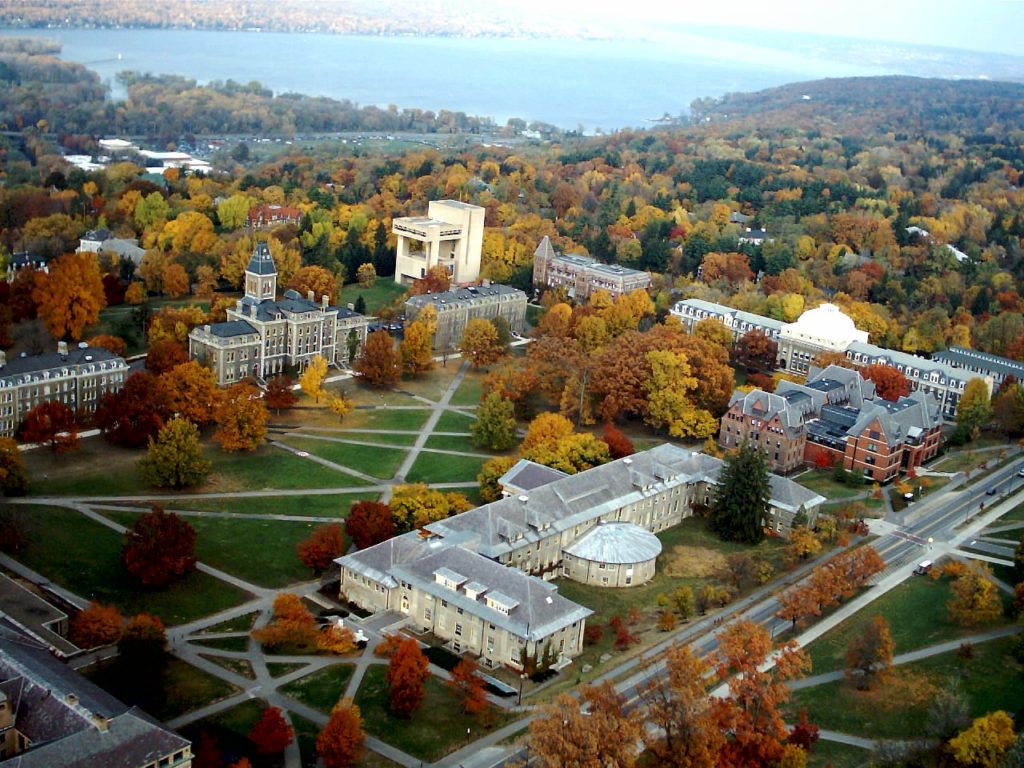
Yesterday, guest writer Felix Huang (@Brkn_Yllw_Lns) wrote an incredible essay for this blog suggesting that in talking to Chinese American opponents of affirmative action, we must reframe the conversation away from self-interest and towards collective morality.
This seems a timely observation since something else also happened yesterday: the Asian American Coalition for Education (AACE) — which describes itself as “the proven leader in fighting for Asian-American children’s equal education rights” — announced that it has filed a third complaint against Ivy League universities alleging that the schools’ use of holistic review during college admissions discriminates against Asian American applicants.
Describing the complaint lodged with the Office of Civil Rights at the US Department of Education at the beginning of August, AACE alleged that Cornell University and Columbia University had discriminated against applicant Hubert Zhao when they did not offer him an acceptance to their schools this past spring. The complaint speculates that Zhao was either the victim of racial discrimination, or of political retaliation; Hubert also happens to be the son of AACE president, YuKong Zhao.
After pointing out that Hubert has a strong GPA, is a National Merit Scholarship recipient, and plays soccer, AACE characterized his rejection from Cornell, Columbia, and another Ivy League school thusly:
What happened to Hubert Zhao is another example of the widespread and systematic illegal discrimination against Asian American students by many colleges. They very fact that Hubert is the son of Mr. YuKong Zhao, the President of our organization, Asian American Coalition for Education (AACE), and that Hubert was rejected by all three Ivy League schools he applied to, raises a serious concern if Hubert was evaluated unfavorably by those Ivy League schools because of his father’s courageous act of leading Asian Americans’ fight against Ivy League schools’ discrimination on college admissions.
With regard to this latter accusation, it remains unclear how the younger Zhao’s relationship to AACE would have even been an issue for admissions officers at either of the schools named in the complaint — or why it would have even been noted during either school’s admissions process. The admissions offices at both Cornell and Columbia each process roughly 40,000 applicants a year.
It also remains unclear what evidence AACE is using to support its claim that Cornell and Columbia discriminates against Asian American applicants during the admissions process. 21% of students at Cornell and 27% of students at Columbia are Asian American; at both schools, the segment of the total student body that identifies as Asian American has also been steadily increasing, and Cornell’s Class of 2019 is the most diverse yet. Several studies also show that more than two-thirds of Asian Americans support affirmative action, and last year over 150 AAPI non-profits joined in an open letter of support for the practice.
AACE’s complaints against Cornell and Columbia are similar to two others filed by the group against other Ivy League Universities. In May of 2015, the group accused Harvard University of discriminating against Asian American applicants, even though the admission rate for Asian American applicants is identical (5.3%) as that of the entire applicant population. Earlier this year, the group made a similar charge against Yale University, Brown University, and Dartmouth College.
The complaint against Harvard was dismissed by the Office of Civil Rights in July of 2015. Three months later, the Office of Civil Rights also dismissed a similar complaint against Princeton University, reporting that after extensive review of Princeton’s policies, they could find no evidence of racial discrimination against Asian Americans. The complaint against Yale, Brown, and Dartmouth is still pending.
For those of you keeping score, AACE and other Asian American anti-affirmative action activists have now managed to make a near-total circuit of the Ivy League with their administrative complaint filings. The only Ivy League school not yet targeted with a complaint is the University of Pennsylvania.
It’s like we’re watching the world’s most awkward and litigious Ivy League College Tour ever.
